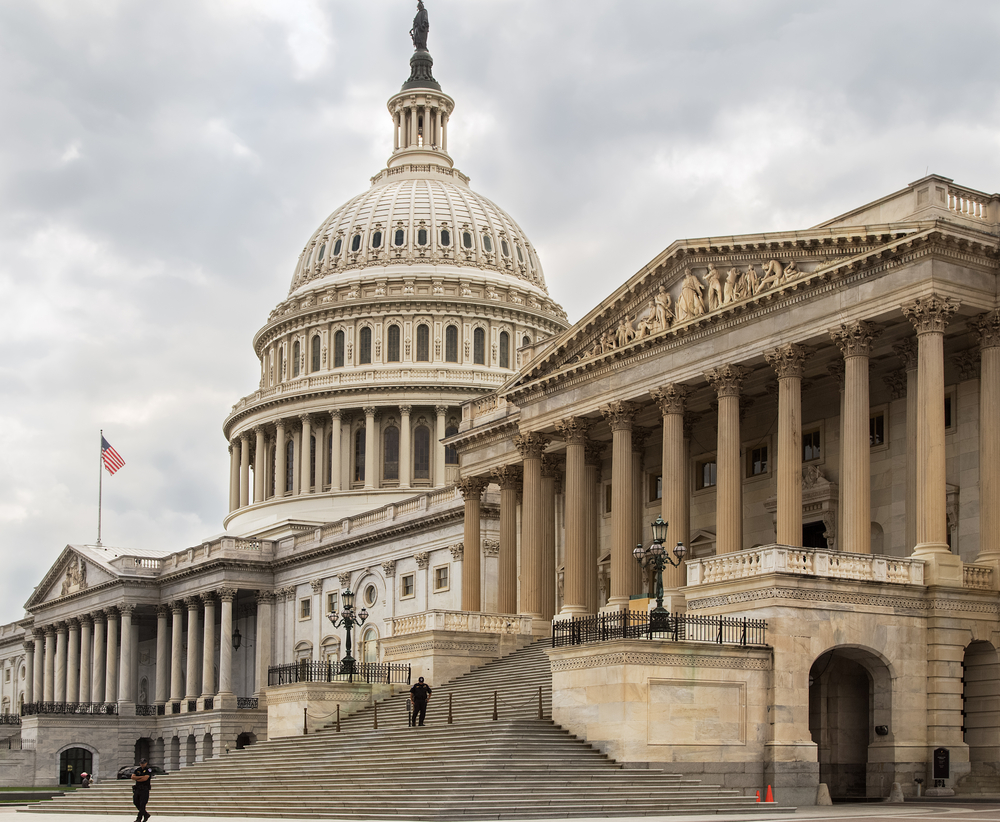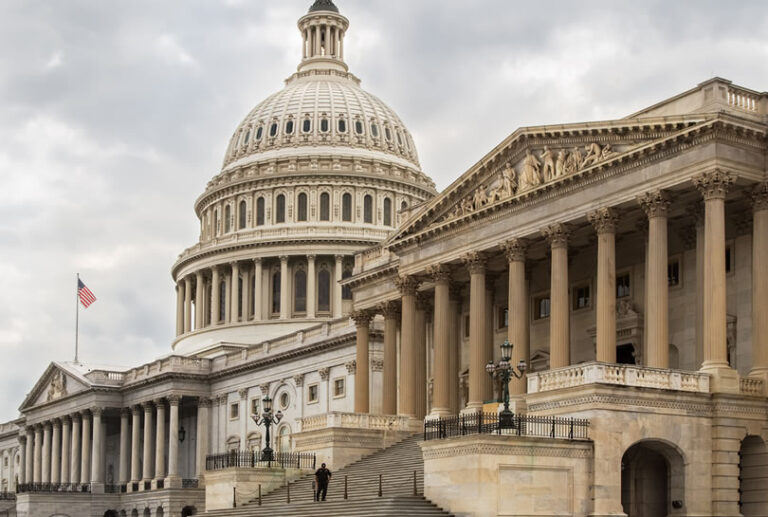July 29, 2019 — Last week’s agreement on parameters for the 2020 fiscal year federal budget is good news for the Food and Drug Administration (FDA).
The greatest advantage of the deal for the White House, the Democratic leadership of the House, and the Republican leadership in the Senate, of course, is that it would avert a repeat of last winter’s lengthy government shutdown; all sides recognized that there were no winners in that painful episode. The price was that both parties agreed to ignore spending limits set in the Budget Control Act of 2011 (the source of the famous “sequestration”), which would have required $130 billion in budget cuts, and instead to allow the Federal budget deficit and total debt to further balloon from additional military and domestic spending.
“Those of us in health communications should be pleased that this process keeps the FDA on track for another significant budget increase,” stated Jon Bigelow, executive director of the Coalition for Healthcare Communication. The House has already approved $3.26 billion in budgetary authority spending (funding before user fees) for 2020, an increase of $185 million (6 percent).
“Especially coming after a $257 million increase the prior year,” Bigelow pointed out, “this reflects strong bipartisan support for key initiatives at the FDA, notably including additional measures to address the opioid epidemic, upgrade IT infrastructure, reorganize the Center for Drug Evaluation and Research, and improve processes for integrating real world evidence into the drug approval process.”
“What the White House and Congress have agreed to are the parameters of a deal, but the details matter. We still need to see the Senate vote on the 13 individual budget bills, and conference committees will then need to work out any differences on these bills among the House and Senate,” Bigelow cautioned.
“There will inevitably be disagreements on spending levels in many specific areas, and given that the House and Senate will be on recess until Sept. 8 and the new fiscal year begins Oct. 1, there aren’t many working days to hammer out compromises,” he said. “While the prospects for the FDA budget increase are strong, this is not yet a done deal.”




